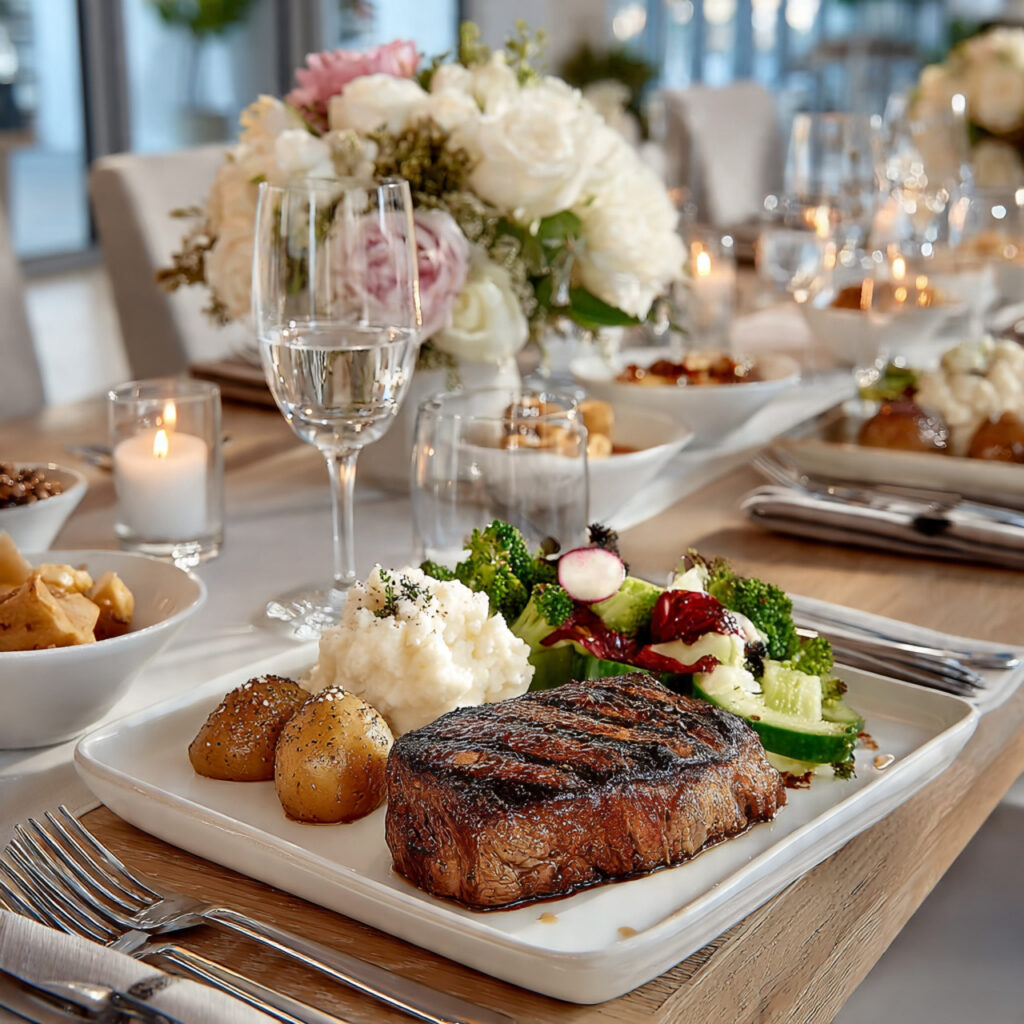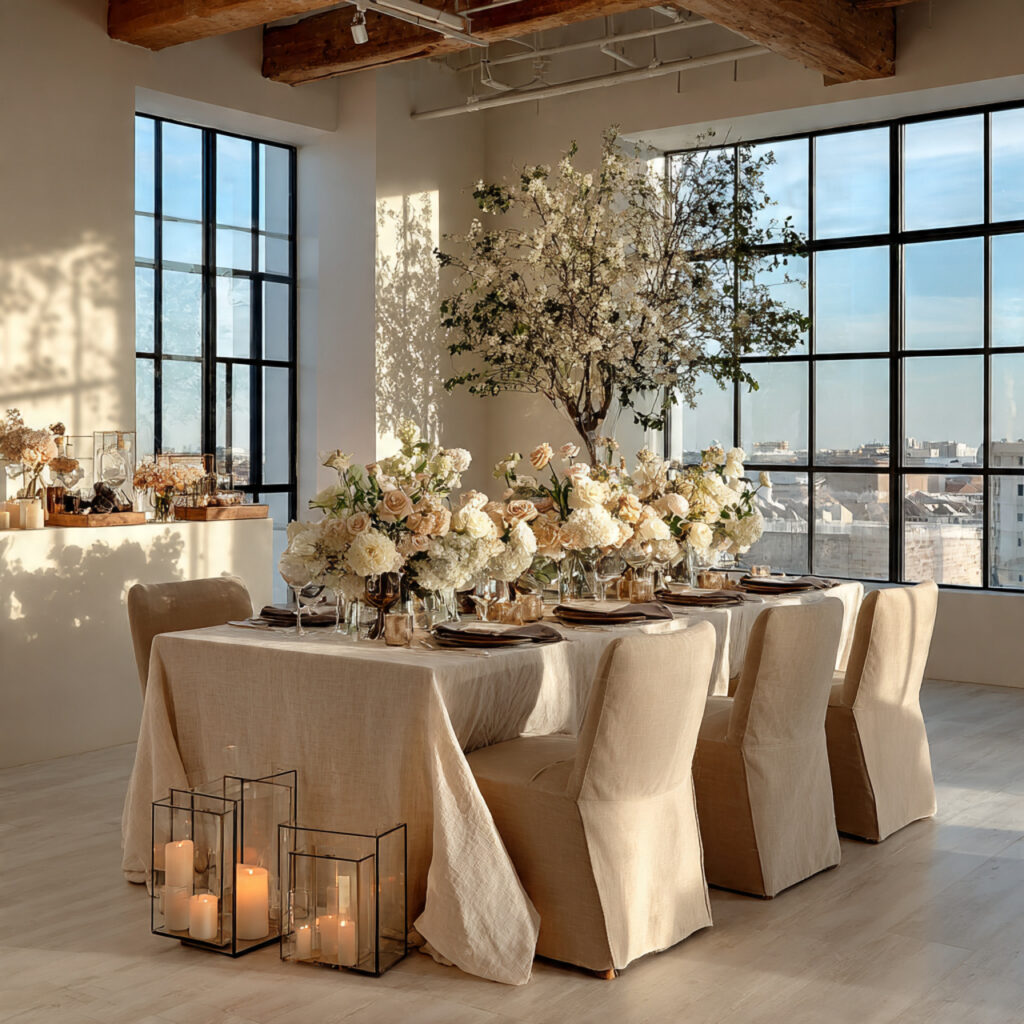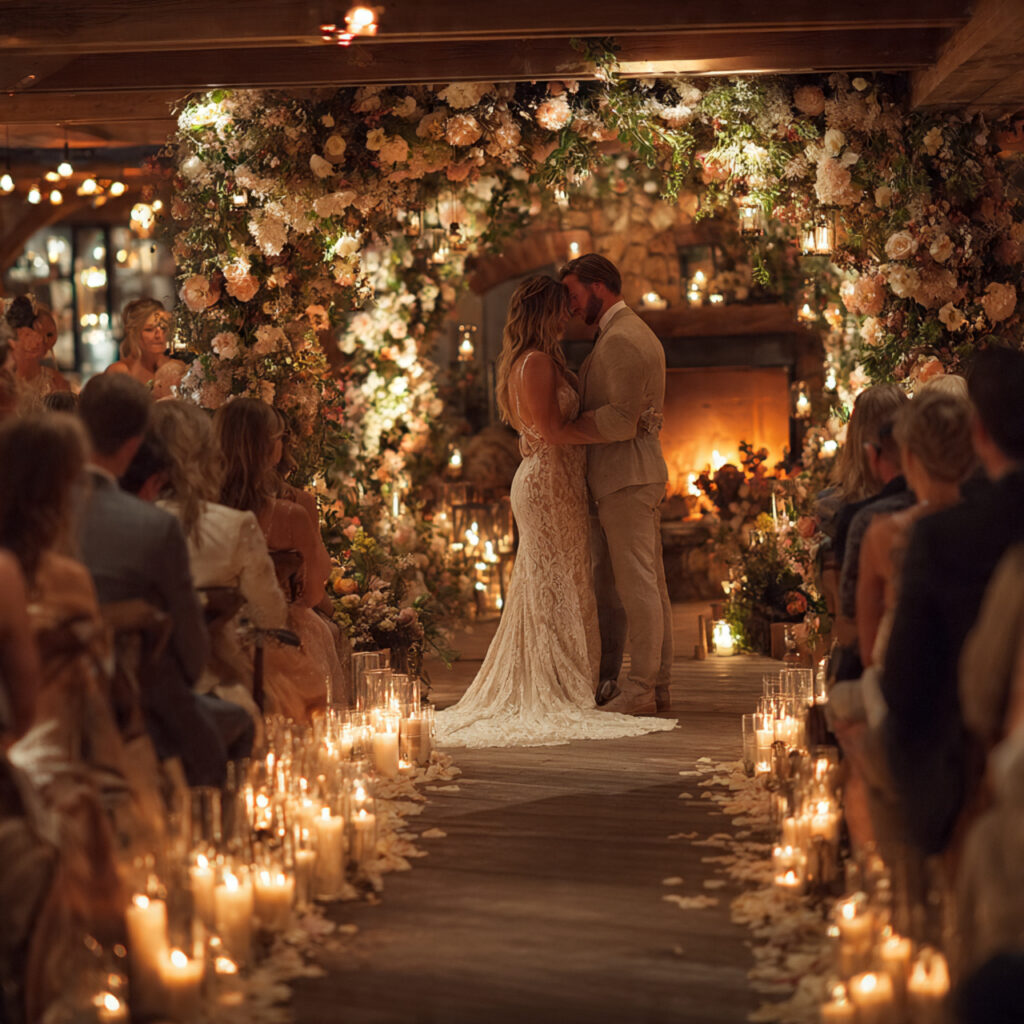26 ideas Ultimate to Plan Your Wedding with Ease and Style
Plan Your Wedding, planning wedding can feel overwhelming. Between guest lists, venues, vendors, and timelines, it’s easy to get lost in the details. A focused approach and practical strategies can make your wedding planning simpler, faster, and more effective. Here are 26 actionable ideas to plan your wedding efficiently.
Set a Realistic Budget

Plan Your Wedding Before anything else, establish a budget. Know your limits and allocate funds for each major category: venue, catering, attire, photography, and decor. Budgeting prevents overspending and unnecessary stress. Always leave a contingency fund for unexpected costs.
Prioritize the Guest List

Plan Your Wedding, Decide on the number of guests early. Each additional person increases costs, from catering to seating. Keep your list practical and focus on people who truly matter.
Choose a Meaningful Venue

Plan Your Wedding, Your venue sets the tone for the entire day. Consider locations that reflect your personality, are convenient for guests, and fit your budget. Outdoor and unconventional venues can save money while creating a unique experience.
Hire a Trusted Wedding Planner

Plan Your Wedding, A wedding planner can save time and stress. Even a day-of coordinator can ensure the schedule flows smoothly, vendors arrive on time, and emergencies are managed discreetly.
Plan a Practical Timeline

Plan Your Wedding, Create a timeline from engagement to the wedding day. Break it into manageable steps, such as booking vendors, choosing attire, sending invitations, and confirming final details. Stick to deadlines.
Invest in Quality Photography

Plan Your Wedding, Photos are the lasting memories of your wedding. Choose a photographer whose style you like, review their portfolio, and clarify packages and extras. Quality is worth the investment.
Decide on the Guest Experience

Plan Your Wedding, Think beyond the ceremony. Plan how guests will feel and interact—from welcome drinks to seating arrangements. Personal touches like a handwritten note or small favours make a difference.
Simplify the Menu

Plan Your Wedding, Food is a highlight, but complexity can be stressful. Choose a menu that is crowd-pleasing and manageable for caterers. Tasting sessions are essential to avoid surprises.
Consider Seasonal Flowers

Plan Your Wedding, Flowers can be expensive. Opt for in-season blooms or alternatives like greenery, dried flowers, or potted plants. This keeps costs down and ensures freshness.
Choose Timeless Attire

Plan Your Wedding, Avoid trends that may date your wedding photos. Focus on attire that complements the theme and feels comfortable. Tailoring ensures a perfect fit without unnecessary spending.
Coordinate Colours and Theme

For Plan Your Wedding, Pick a cohesive colour palette and theme. This simplifies decisions for decor, attire, and flowers. Consistency creates an elegant, harmonious look.
Make Transportation Simple

Plan Your Wedding, Transportation logistics are often overlooked. Arrange shuttles or plan walking paths for guests, bridal parties, and vendors to avoid delays and stress.
Secure Essential Vendors Early

Plan Your Wedding, Book photographers, videographers, caterers, and musicians early. Popular vendors get booked months in advance. Contracts are essential to avoid misunderstandings.
Create a Digital Planning Hub

Plan Your Wedding, Use apps or spreadsheets to track budget, vendors, tasks, and RSVPs. Digital organization keeps everyone aligned and reduces mistakes.
Plan for Weather Contingencies

Plan Your Wedding, Even indoor weddings can benefit from a backup plan. Tents, umbrellas, or alternate indoor locations protect your day from unpredictable weather.
Limit DIY Projects

Plan Your Wedding, Do-it-yourself projects can save money but consume time and energy. Only take on projects you can realistically finish without stress.
Focus on the Essentials

Plan Your Wedding, Not everything needs attention. Prioritize elements that guests will notice and remember: food, photos, atmosphere, and comfort. Skip unnecessary extras.
Communicate with Vendors Clearly

Clear communication prevents errors. Confirm dates, times, and expectations in writing. Don’t assume vendors remember details discussed informally.
Plan for Guest Comfort

Plan Your Wedding, Consider seating, shade, heating, or cooling. Accessible bathrooms, dietary accommodations, and clear signage improve overall experience.
Manage Expectations

Not everything will go perfectly. Plan for minor glitches without panic. Your mindset shapes the experience for both you and your guests.
Make a Realistic Honeymoon Plan

Plan your honeymoon with the same discipline as the wedding. Budget, travel arrangements, and packing in advance reduce last-minute stress.
Include Meaningful Rituals

Personalized rituals make your wedding memorable. Consider family traditions, cultural ceremonies, or symbolic acts that reflect your values.
Simplify Invitations

Plan Your Wedding and Send invitations digitally if possible. Save paper and reduce costs. Make RSVP tracking simple and clear.
Delegate Wisely

Plan Your Wedding, Assign responsibilities to family, friends, or a coordinator. Avoid taking on everything yourself. Delegation ensures smoother execution.
Schedule Rehearsals

A rehearsal prevents confusion on the day. Even a short walk-through helps bridal parties, readers, and musicians understand the flow.
Plan the Day Realistically

Avoid over scheduling. Leave buffer time between ceremony, photos, and reception events. A relaxed schedule keeps guests happy and reduces stress.
FAQs About Planning Your Wedding
What’s the most important step in planning a wedding?
Setting a realistic budget and timeline ensures all other decisions align with resources and priorities.
How early should I start planning?
Ideally, 12–18 months. For smaller weddings, 6–9 months can work if organized and decisive.
How can I save money without compromising quality?
Prioritize essentials like venue, catering, and photography. Use seasonal flowers, digital invitations, and limit DIY projects.
What’s a practical approach to guest lists?
Focus on people you genuinely want to share your day with. Avoid pressure to invite acquaintances or distant connections.
How do I handle vendor issues on the wedding day?
Maintain written contracts and emergency contacts. A coordinator can address problems discreetly and efficiently.
Conclusion
Planning your wedding requires discipline, focus, and realism. By prioritizing essentials, managing budgets, and keeping expectations grounded, you can create a seamless, memorable day. A spartan approach ensures less stress and more joy. Remember, your wedding is about celebrating love—everything else is secondary.






